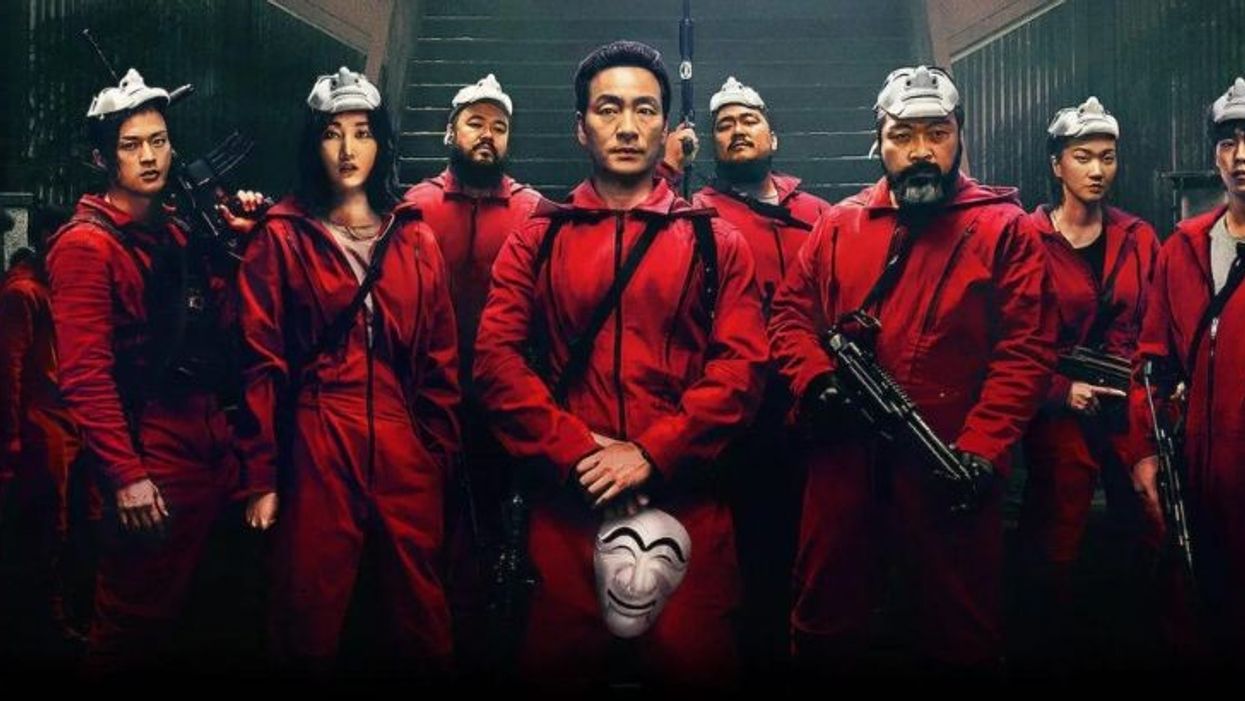How Is Netflix Taking Advantage of South Korean Workers?
Just because it's legal in another country, doesn't make it right.

Netflix has been capitalizing on content from South Korea since even before Squid Game was a massive hit. K-dramas are all the rage across the world and Netflix saw this early and ushered in many of these TV shows that helped the streamer quickly build their global brand and expand to audiences outside of the United States.
According to The Los Angeles Times, Netflix estimated that 60% of its 230 million subscribers watch titles from Korea.
With this level of popularity, Netflix has heavily invested in making these projects in Korea. But as we mentioned with Squid Game, they've seemed to have found legal loopholes to avoid paying residuals to the creators of shows and also many exploited crews are speaking out against working conditions and substandard pay.
Shooting internationally can be attractive to streamers because they can work without unions in the United States and many countries have laws that allow them to circumvent certain rates they would have to pay U.S. workers.
Netflix maintains all their practices fall within Korean law, but listen to some of these ideas.
Crew members get paid a day rate to work, but a day is not defined as it would be in the U.S., which is a 12-hour shift. In Korea, they call a day an unbroken stretch of filming. That means that even if filming lasts for more than 24 hours, you would still only be paid for one day.
As reported, there were shows shooting around the clock, leaving workers sleeping for only a couple hours at a time, and shooting as long as possible to avoid paying for more "days."
Netflix also cut deals to pay workers monthly for a flat fee but then had them working 50+ hours a week.
One producer said, “I was paid around $3,400 a month at the time. I’d say I worked somewhere between 90 to 100 hours a week.”
Netflix, along with other companies, has contracts that define "work" on set. For many places, that means work only counts if the camera is rolling.
Let's say they ask you to do something they don't define as work, well, then they won't pay you for time spent doing that. Even if you think you need to accomplish those tasks to complete your work later.
You may not be paid to set up the lights, block the scene, or do anything that happens before someone yells "action."
That's pretty awful!
And there's no one they really can report it to.
The Los Angeles Times spoke with labor attorney Kang Eun-hee who said, “The process for reporting unpaid wages or illegal working hours at the labor board is more complicated if you don’t have a standard employment contract. You have to first prove that you qualify as an employee in the eyes of the law before they’ll review your case. There’s an added psychological burden because of the uncertainty.”
With all this going on, Netflix will increasingly be scrutinized as it tries to broaden its reach across the globe. Many of these countries will need workers to unionize or to have great lawyers draw up contracts for them to standardize treatment and pay.
Let us know what you think in the comments.
Source: Los Angeles Times











